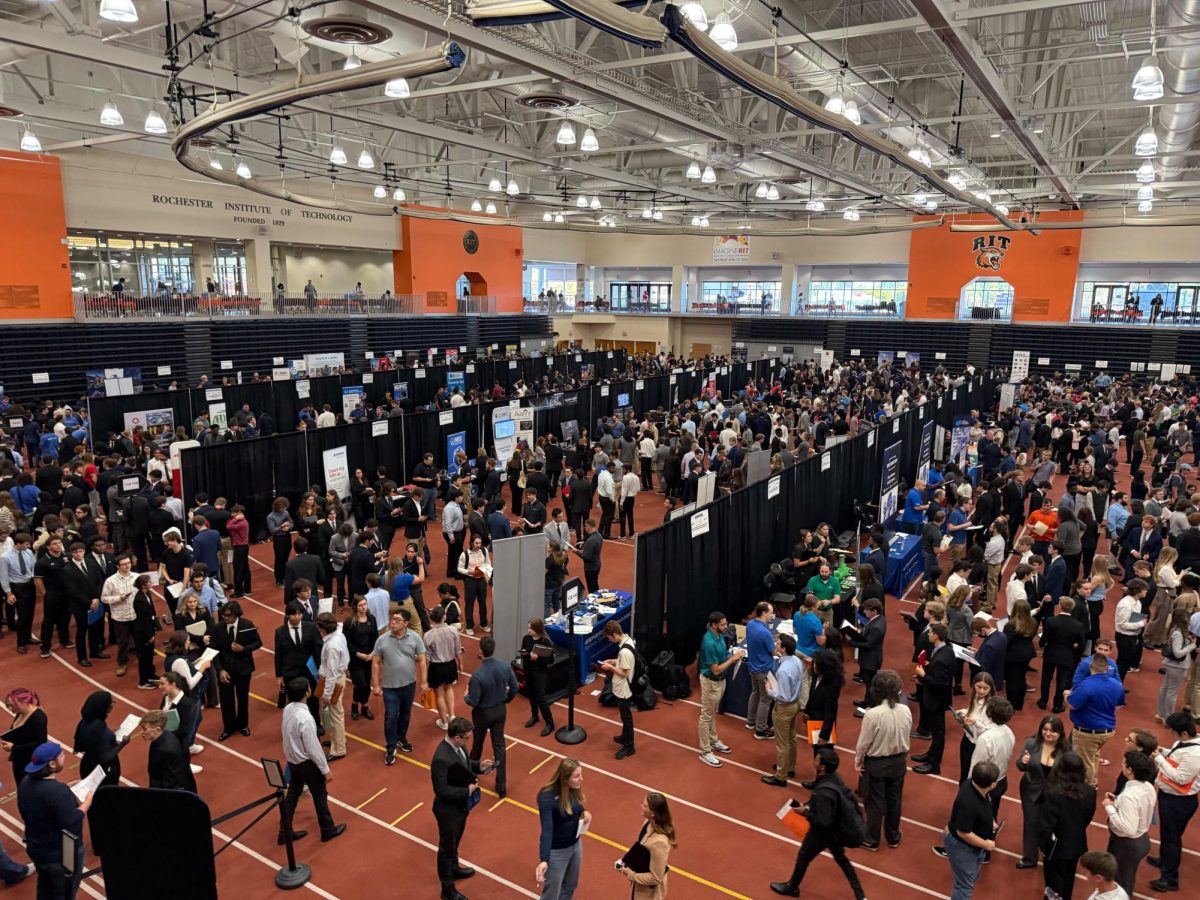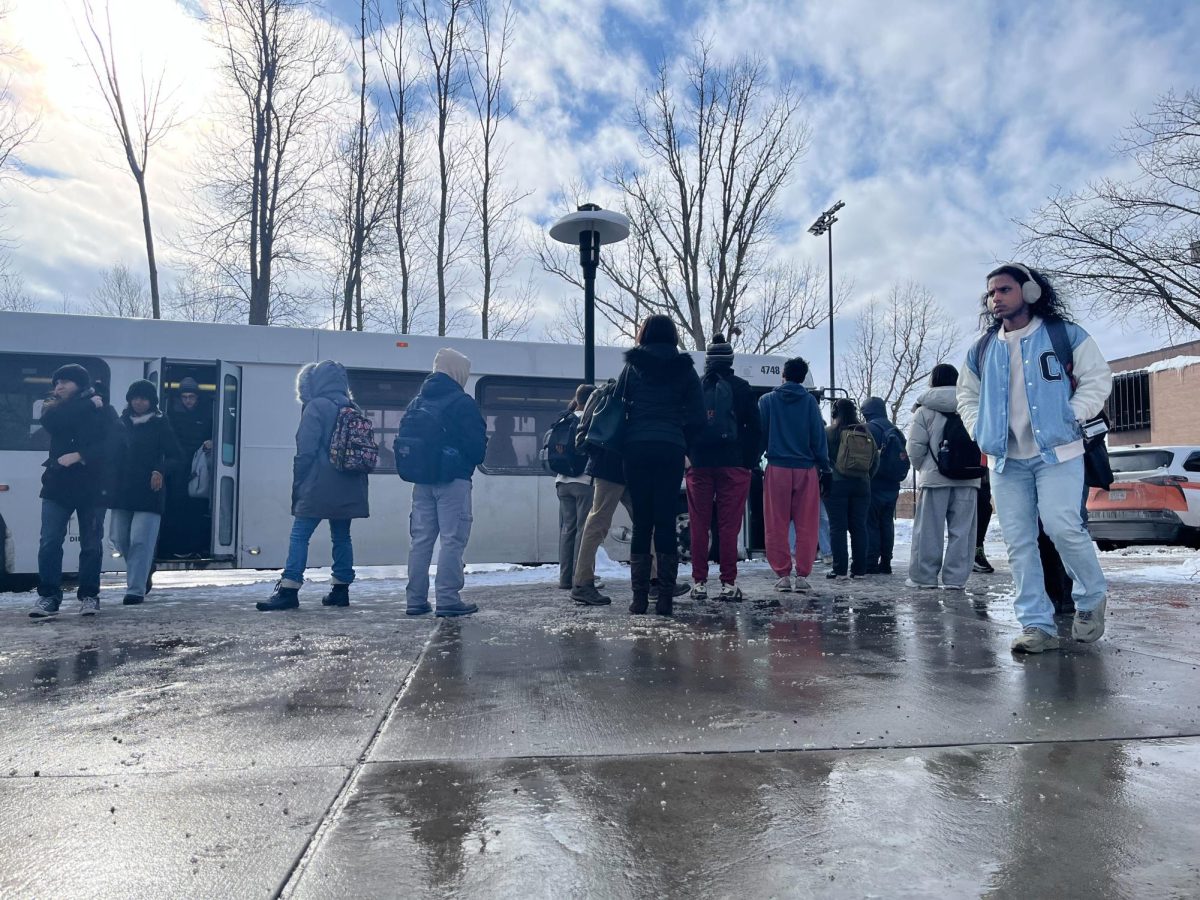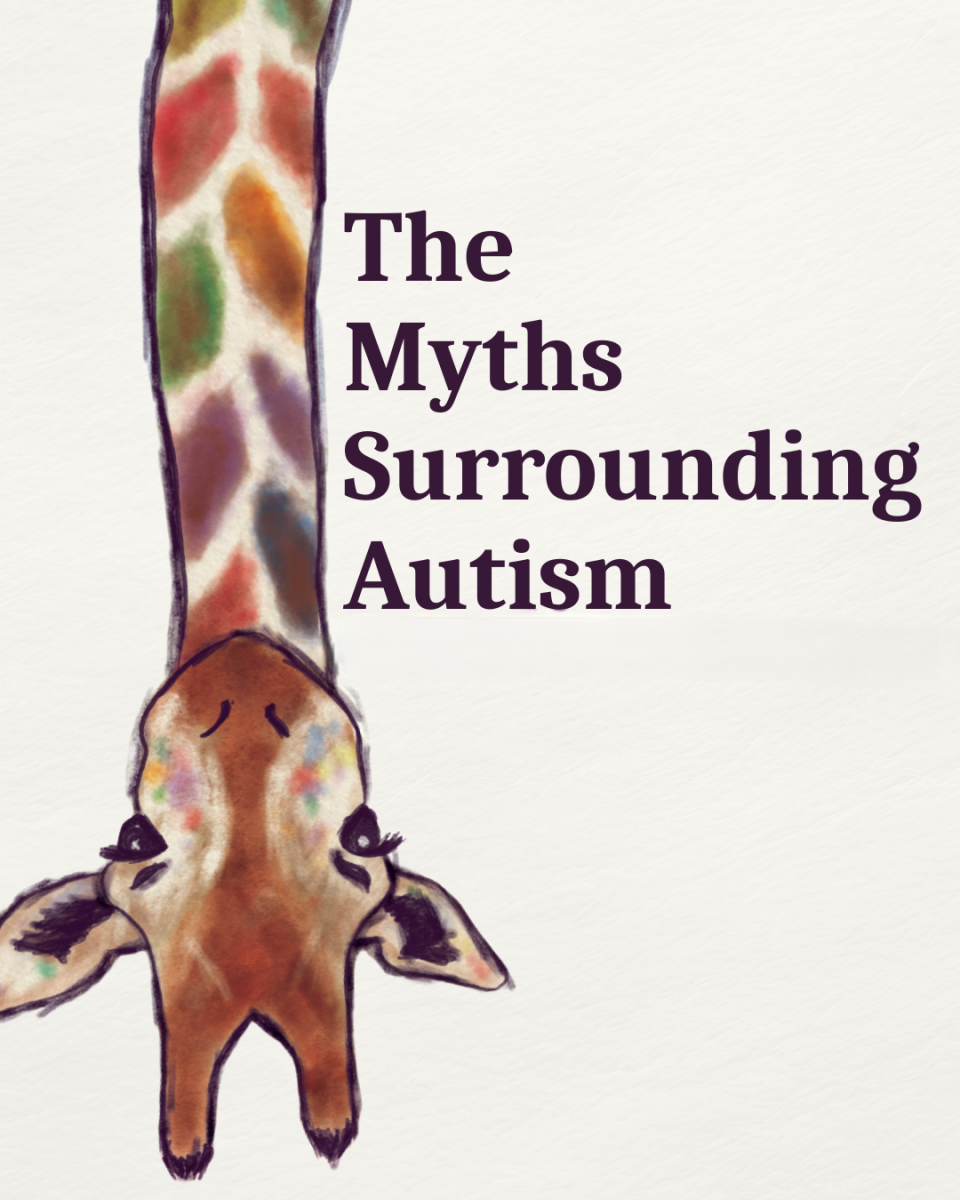The following article is an op-ed that represents student perspectives and does not represent the collective opinion of Reporter as an organization.
This year, like my previous three years, I decided to skip RIT’s career fair. I didn’t skip because of class — professors often cancel classes so students can attend. I chose not to go because the career fair fails to serve students like me. Ka’Mira Weston, a third-year political science major, echoes similar sentiments: “I don’t think that the career fair benefits me because there are rarely any companies or institutions that are there for COLA students,” she says.
I chose RIT because the College of Liberal Arts (COLA) offered prime opportunities to customize my education to my liking. I have made the most of COLA’s course offerings, pursuing a double major in criminal justice & sociology and anthropology, and a double minor in legal studies and women, gender and sexuality studies. Through the college, I was able to re-establish the RIT Mock Trial club and attend competitions. COLA has provided a very welcoming and friendly environment, offering intimate classes that encourage meaningful dialogue with peers and professors.
Of course, RIT is a STEM-focused school; after all, technology is in the name. However, it’s hard not to notice how little attention the university gives to my college and other similar colleges. Have you ever taken a class in the COLA building? It appears as if it hasn’t been maintained for decades. With RIT’s recent decisions to phase out the public policy and journalism programs, COLA seems to be struggling to gain relevance in a society that seems to be devaluing the humanities. This is particularly evident when looking at the university’s career fair.
At the fall semester’s career fair, only eight employers — 0.03% of the present employers — were looking for criminal justice majors. The same eight companies showed up when I searched for sociology and anthropology. Two were military-affiliated, one was an Albany-based government office, another was architecture-based and four were defense-based companies.
With experience interning for the public defender’s office, I was hoping to find a company that welcomes students in COLA programs. Instead, I was met with the military and Lockheed Martin. For people like me who want to work at companies that aren’t contributing to violence around the world, it’s discouraging to find out that opportunities are often slim at this career fair.
Weston emphasizes how there are companies out there who want to work with RIT students,“… I think the most disappointing thing is that there are so many in the area that are directly involved in the RIT community. That I know would be open to tabling at the career fair. They are actively looking for our students!”
As someone pursuing a career in law, the career fair offers little help in building connections in my field. Many criminal justice students secure their internships independently, often without direct assistance from the university. For example, I completed an internship at the Monroe County Public Defender’s Office —a fantastic experience — but it only happened because I met an attorney from the office who volunteered as a judge at a Mock Trial tournament. Kaitlin Black, a third-year finance major, explains that her internships were secured by herself. “I have had more luck with finding a co-op through using my own connections and talking to employers on my own.”
Many programs at RIT require a co-op or internship, but that’s not the case for many programs in COLA, or at least it appears so based on the posted curriculum. Criminal justice and related programs do not explicitly outline a required internship in their curriculum. In actuality, criminal justice students are expected to undertake a 120-hour internship, often during a student’s fourth year. The lack of clarity from university administration regarding these requirements makes it challenging for many COLA students to find their internships before it’s too late.
Moving forward, the university could benefit from not only hosting a university-wide career fair but also hosting more college-specific career fairs that are more customized to the students’ needs. Not only are criminal justice and sociology & anthropology students left out of the university career fair, but so are many other programs, including art, math and many College of Health Sciences and Technology programs.
There is an overwhelming bias towards computer science, science, engineering and business majors. While they undeniably constitute a large share of the student body (68%), they are not the only people here. “I feel as though COLA students do not get the same experience because they’re essentially just going to dress up and collect pens from people who have no interest in them,” shares Weston. Black shares a similar opinion, “I personally don’t think that the career fair benefits me because it is so oversaturated with students that it just doesn’t feel productive to attend.”
With tuition increasing every year, many students are paying more and are getting fewer opportunities in return. For example, RIT has forecasted a 12-15% cost increase for the Fall 2026 semester. Many companies at the career fair are STEM-based, leaving limited outlets for students whose interests extend beyond technical fields.











Anna • Oct 27, 2025 at 9:04 pm
It’s not the responsibility of the RIT administration as a whole to set up program or college specific career fairs. Plenty of programs have their own career events, and it is up to the professors, departments, and college leadership to make those connections. Your issue is that COLA is a mess and is too busy trying to retain professors to focus on students.
And other programs have nicer buildings because they have more students and richer alumni who make bigger donations. It’s not some anti liberal arts conspiracy.